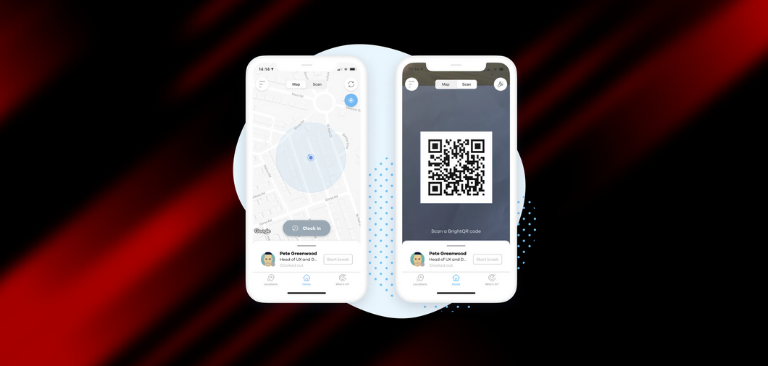Many have feared that invasive location tracking tech, once it gets introduced as a necessity to help anything from curbing the spread of the virus, to ensuring productivity of workers suddenly forced to work remotely because of the pandemic, would eventually become normalized, and have serious repercussions.
These predictions seem to be slowly materializing as reports start cropping up of people caught between a rock and a hard place: either lose their privacy, or their job.
One of them is Michelle Dionne, a custodian in a school in Canada, who got fired by the company contracted by the school to provide cleaning services because she refused to use a location tracking app on her personal phone.
This type of mass surveillance technology already has a “cute” jargon name – tattleware – and is supposed to allow companies to keep an eye on employees remotely, by attaching tracking devices to their cars, recording their computer mouse activity, as well as their GPS location.
“We need to take a pause.. before we go down some path of being tracked all day, every day, wherever we are,” said employment lawyer Soma Ray-Ellis.
She also noted that ordering an employee to install an app doesn’t mean they had provided informed consent to the employer – not before they are allowed to learn how data is stored, shared or used.
As these apps and devices are more and more often becoming a requirement and used more widely, they are raising some red flags among those who want to see more legal protections for people forced to use them and compromise their privacy in this way.
For Dionne, the decision not to be treated like a thief who needs “an ankle monitor” and have her privacy degraded in this way meant that she was left jobless, with the decision to sack her mentioning specifically her unwillingness to download the app, called Blip.
It works by using GPS to create a geofence for the employer to monitor workers entering and leaving premises, and unsurprisingly, does not disclose if more information is harvested from people and where and how this data was stored.
Dionne said that she received no information about any of this from her former bosses.
The app maker, BrightHR, said the data “belongs to the customer organization,” i.e., the company.






















